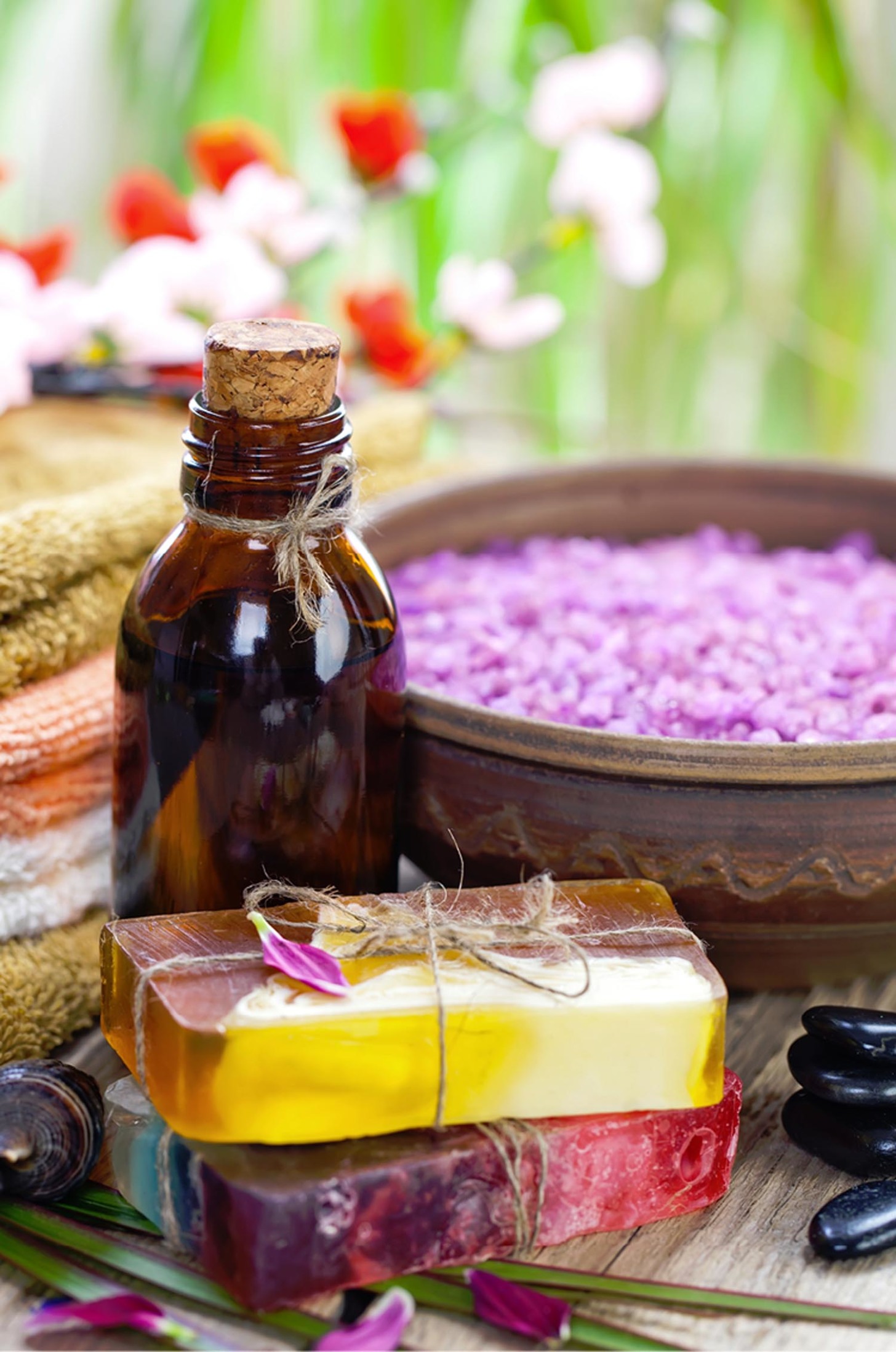Disclaimer Notice: The information contained in this book is intended for educational purposes only and is not meant to be a substitute for medical care or prescribe treatment for any specific health condition. Please see a qualified health care provider for medical treatment. We assume no responsibility or liability for any person or group for any loss, damage or injury resulting from the use or misuse of any information in this book. No express or implied guarantee is given regarding the effects of using any of the products described herein. Ebook edition ISBN 978-0-9827264-7-1
Every year, Americans spend nearly 50 billion dollars on cosmetic products. The beauty and skin care industry is definitely big business.
This includes everything from soaps and gels we use everyday to acne treatments, anti-aging skin products, deodorants, and moisturizers. Each and every year, thousands of new treatments are created and brought to the market, promising to reduce the appearance of aging or energize your body, mind and spirit. There seems to be no end in sight. Unfortunately though, many of these products dont always live up to those promises, simply because man-made ingredients dont possess the same healing properties that nature provides from plants and resins, namely essential oils. In fact, many of the ingredients found in commercial products are dangerous to your health. We tend to think of our skin, our bodys largest organ, as a barrierkeeping environmental toxins from entering our body, protecting us in the winter from the effects of cold, and guarding us in the summer from the ravages of the UV rays of the sun.
But its actually more like a sponge, soaking up everything it comes in contact with. When you put cosmetics on your skin that are less than healthyeven toxicall the potentially toxic ingredients are soaked directly into your skin and your system. Surely there must be a better way to make you look and feel better without putting your health on the line everyday! While having healthy skin is far more important than we realize, few of us pay much attention to the commercial products we use to cleanse and moisturize with. Of course, theres nothing wrong with striving to look as attractive as you can. But at what price are we, as a society, paying for this quest for beauty and youthfulness? According to some health experts, our skin is attacked and stressed every day, being barraged by the myriad of substances we use to clean and repair it, most of which is performed in the name of beauty. Clearly, more than beauty is at stake! As it turns out, the price could very well be our health.
Consider this: were putting substances on our skin that we would never dream of eating. Are you aware that the U.S. Food and Drug Administration (FDA) has a list that contains some 10,000 cosmetic and skin care ingredients that you can find right now in your bathroom? Most of us take for granted that these products are safe. But more than a whopping 90% of them have never been tested for safety, by the FDA, nor by any other publically accountable institution. In contrast, the European Union has already banned more than 1,000 ingredients used in personal and skin care products. The FDA has only banned ten! For example, many cosmetics and skin care products such as soap contain a substance called parabens, a fairly common additive that penetrates the skin.
Once parabens get into your body, they stay there and slowly damage your system. The FDA estimates that this class of chemical is the most widely used family of preservatives in cosmetics today and is found in 13,200 skin care ingredients. And if you think that the products youre using are parabens-free because theyre labeled organic, think again. Parabens have raised their ugly heads there too. Take a quick look now at the products you are using in your bathroom. Read the labels on your shampoos, your makeup and hair care products, your moisturizers, and even your shaving products.
Look for prefixes before this word, like methyl, propyl, butyl and ethyl. These are all types of parabens. So, just how dangerous could this chemical preservative be? Parabens are linked to a greater risk of breast cancer in women. These substances soak into your skin, linger in your body and then settle into the breast tissue, according to the Womens Community Cancer Project of Cambridge, Massachusetts. Once theyre in your system, parabens begin whats called estrogenic activity. This means they mimic the hormone estrogen and are believed to stimulate breast cancer activity.
In a nutshell, the parabens actually fool your body into thinking theres more estrogen present than there really is. In the process, they raise your risk of breast cancer. So, if brands labeled as natural have this dangerous substance lurking inside, how do you avoid this and other potentially dangerous synthetic ingredients? You could become a diligent label reader, but youd no doubt find there are very few products on the shelves today that are completely naturaldespite the advertising hype surrounding them. So how do you avoid these products? The answer is simple: by making your own skin care treatments. Why Make Your Own Bath & Body Products There are two reasons for creating your own bath and body products with essential oils to pamper your skinand believe me you really will feel a wondrous difference from the commercially produced items youve been using! The first is having peace of mind knowing what is in the products you are using. The products youll be making call for all-natural ingredients.
In fact, many of the ingredients can be found right in your kitchen. This ensures your bath products dont contain any of the harmful and toxic ingredients store-bought products contain, while saving you loads of money. You get to choose which ingredients you want to adddepending on what you have on hand, the possibilities are endless! But theres a second reason. All commercially derived products containing these complex substances that sound beneficial to your skin such as antioxidants, proteins, vitamins, enzymes, and phytochemicals, are duplicated synthetically. This means they are far less effective than the natural versions. Think of it as taking vitamins versus eating healthy.

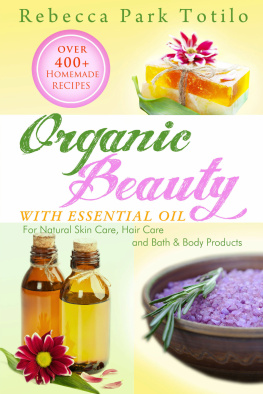
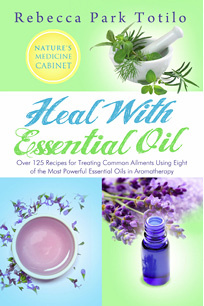
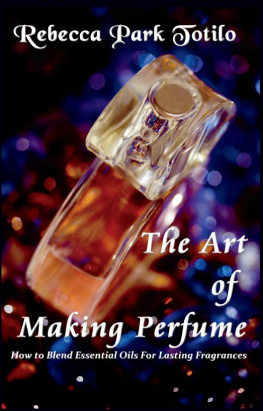
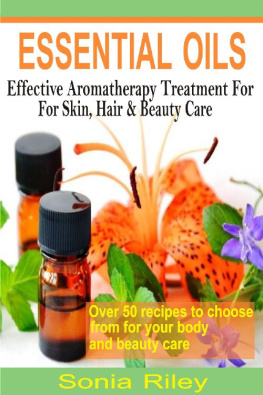
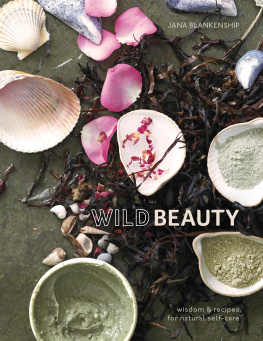
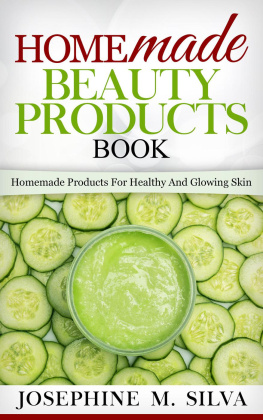

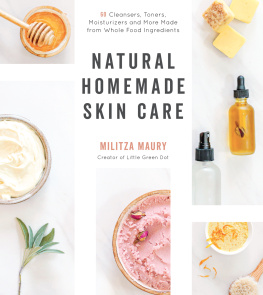
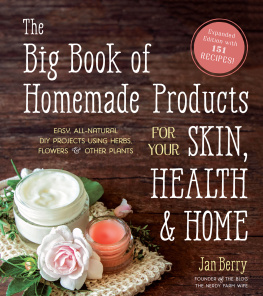
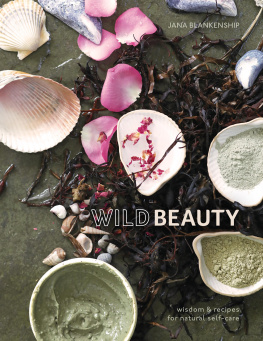
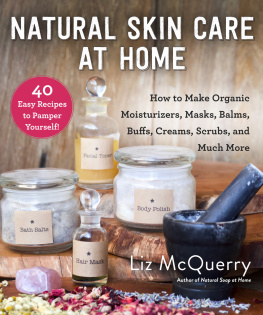
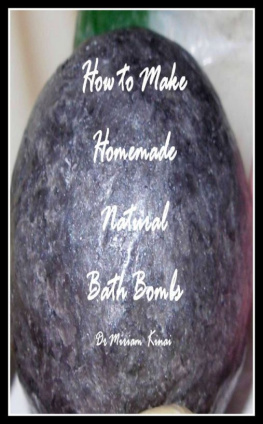

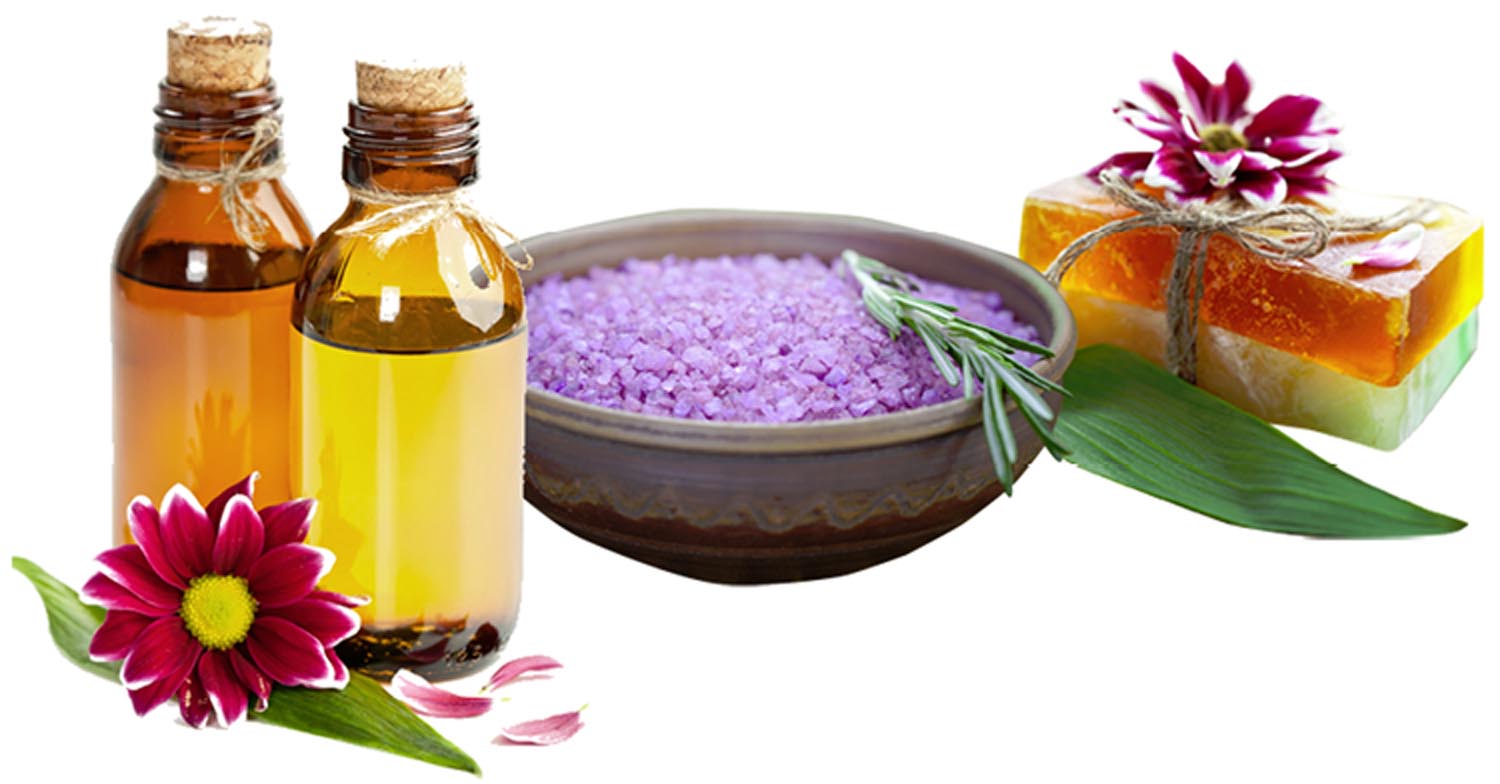 Organic Beauty with Essential Oil Copyright 2013 by Rebecca Park Totilo All rights reserved. No part of this book may be reproduced or transmitted in any form or by any means without written permission of the author. Edited by Rachel Park Typeset by Desy S. (https://www.elance.com/s/coverbook) Published by Rebecca at the Well Foundation, PO Box 60044, St. Petersburg, Florida 33784. http://RebeccaAtTheWell.org No part of this publication may be reproduced, stored in a retrieval system or transmitted in any form by any meanselectronic, mechanical, photocopy, recording or otherwisewithout written permission of the copyright holder, except as provided by USA copyright law.
Organic Beauty with Essential Oil Copyright 2013 by Rebecca Park Totilo All rights reserved. No part of this book may be reproduced or transmitted in any form or by any means without written permission of the author. Edited by Rachel Park Typeset by Desy S. (https://www.elance.com/s/coverbook) Published by Rebecca at the Well Foundation, PO Box 60044, St. Petersburg, Florida 33784. http://RebeccaAtTheWell.org No part of this publication may be reproduced, stored in a retrieval system or transmitted in any form by any meanselectronic, mechanical, photocopy, recording or otherwisewithout written permission of the copyright holder, except as provided by USA copyright law.

